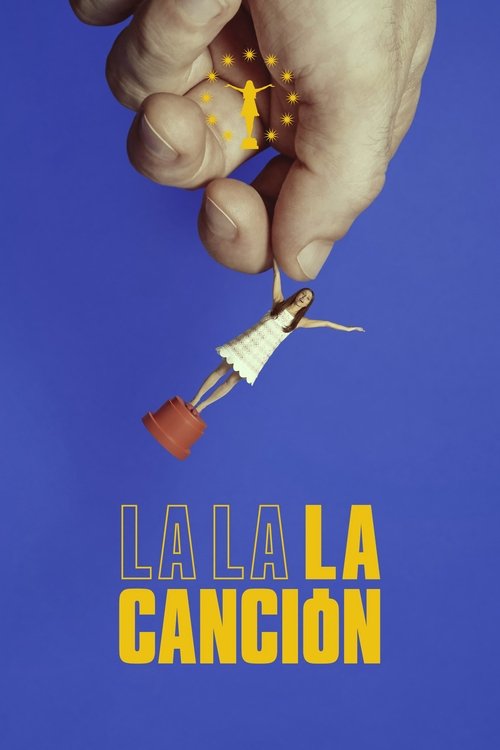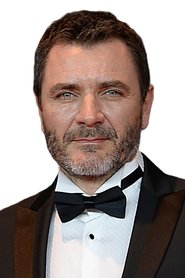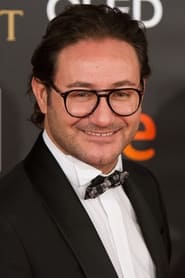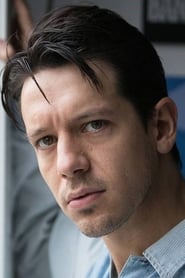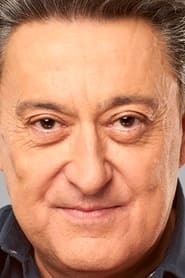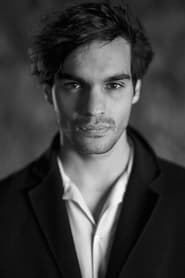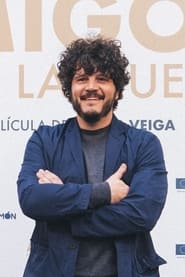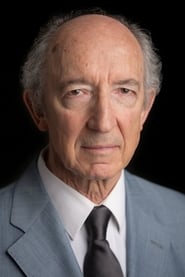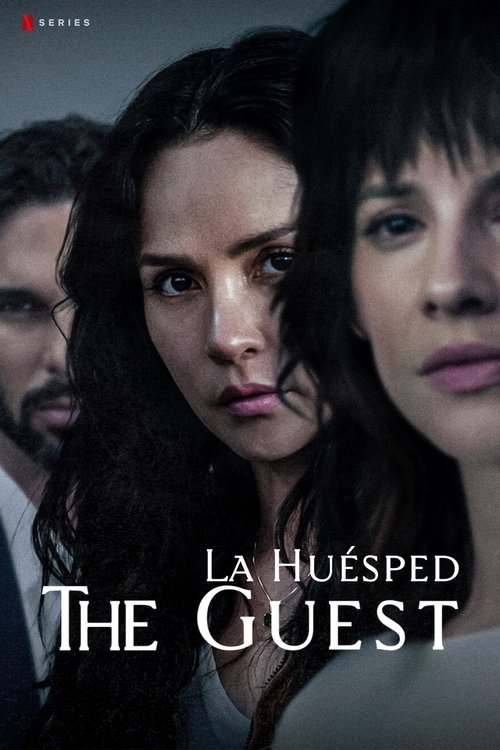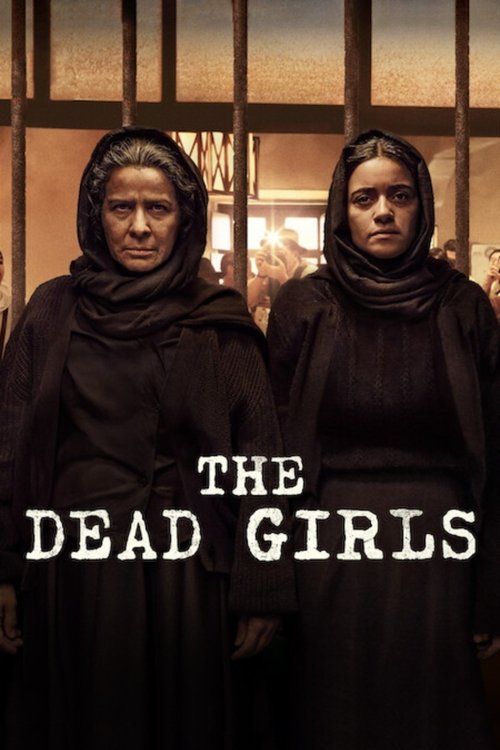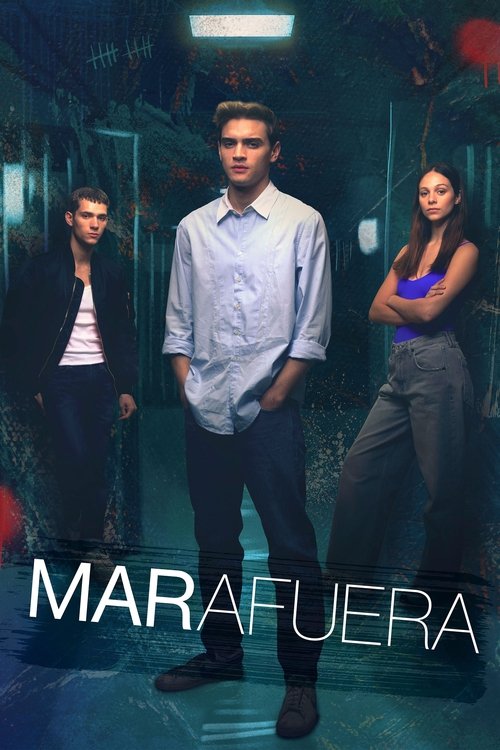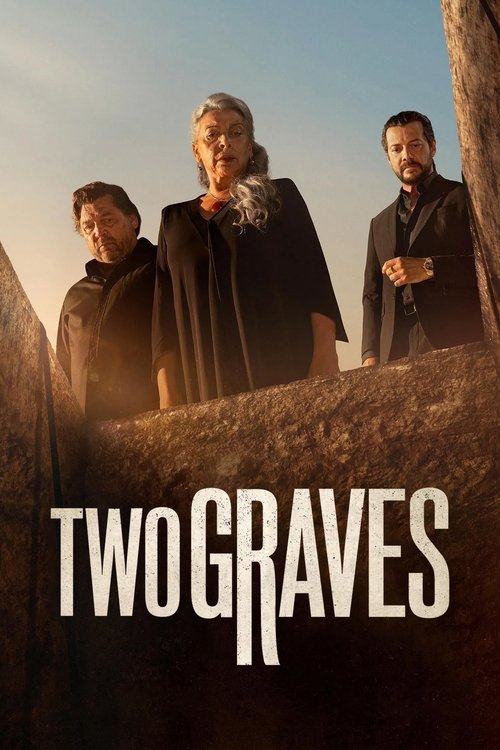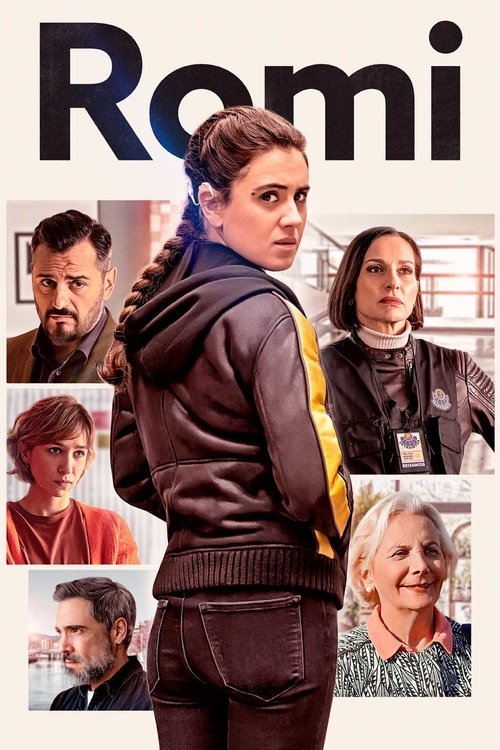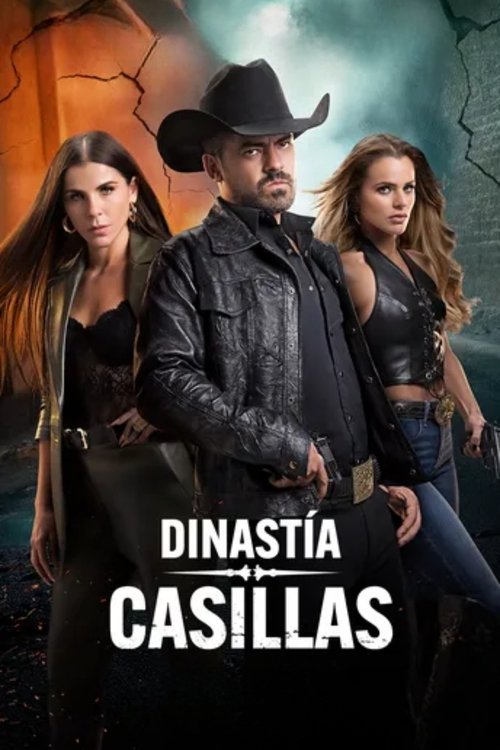
Ask Your Own Question
What is the plot?
The series begins in 1968 Spain with Esteban Guerra, a young and ambitious executive at Televisión Española, who receives a direct order from higher authorities that Spain must win the upcoming Eurovision Song Contest. Esteban is tasked with orchestrating the entire operation, known as "Operación Eurovisión," to find the right artist and song to represent Spain and secure victory.
Esteban teams up with Artur Kaps, an eccentric and experienced television director, to manage the selection process. They begin by scouting for potential singers and songs, aiming to find a combination that will appeal to the European audience and judges. Early in the process, they select Joan Manuel Serrat, a popular and respected singer-songwriter, to represent Spain with a song he has written.
However, complications arise when Joan Manuel Serrat insists on singing the song in Catalan, his native language, which conflicts with the Spanish government's preference for Castilian Spanish due to political sensitivities under Franco's regime. This disagreement leads to Serrat's withdrawal from the contest, creating a crisis for Esteban and Artur as the contest date approaches.
In response, Esteban and Artur urgently search for a replacement singer. They select Massiel, a young and relatively unknown artist, to take Joan Manuel Serrat's place. Massiel is initially hesitant but agrees to participate after encouragement and persuasion from Esteban and Artur. They also decide to change the song to "La, la, la," a catchy and upbeat tune that they believe has strong potential to win.
Massiel undergoes intense rehearsals and preparations under the guidance of Esteban and Artur. She faces pressure and doubts but gradually gains confidence. The team works meticulously on the staging, choreography, and television presentation to ensure a memorable performance.
On the night of the Eurovision Song Contest 1968, Massiel performs "La, la, la" with charisma and energy. Despite stiff competition, her performance captivates the audience and judges. The voting proceeds with tension, but ultimately Spain is announced as the winner, marking a historic victory for the country.
Following the win, Esteban, Artur, and Massiel celebrate their success, aware that their efforts have not only brought prestige to Spain but also fulfilled the political mandate. The series closes with reflections on the impact of the victory and the behind-the-scenes struggles that made it possible.
What is the ending?
Unfortunately, I couldn't find specific details about the ending of the TV show "La canción" produced in 2025. However, I can provide a general narrative based on the premise of the show.
Short Narrative: The show "La canción" revolves around the story of Spain's victory at the Eurovision Song Contest in 1968. It follows the journey of Esteban Guerra, an ambitious TV executive, and Artur Kaps as they embark on "Operación Eurovisión" to find the perfect song and artist. After several setbacks, including the departure of Joan Manuel Serrat, Massiel is chosen to perform "La, la, la," which ultimately wins the contest.
Expanded Narrative: The story begins with Esteban Guerra, a young and ambitious executive at Televisión Española, receiving a clear directive from higher authorities: Spain must win the Eurovision Song Contest. Despite lacking musical experience, Esteban is eager to advance his career and takes charge of the project. He convinces Artur Kaps, a renowned figure behind many successful TV programs, to join him in this endeavor.
As they embark on "Operación Eurovisión," they face numerous challenges. Initially, they select Joan Manuel Serrat to represent Spain, but he decides to sing in Catalan, which is not acceptable to the authorities. This leads to a significant setback, and they must find a replacement quickly.
Massiel is chosen to perform the catchy song "La, la, la." The selection process is tense, with Esteban and Artur working tirelessly to ensure that everything goes smoothly. The night of the contest arrives, and Massiel's performance is a huge success, culminating in Spain's victory.
Throughout the series, the characters' motivations and emotional states are deeply intertwined with the political and cultural context of 1968 Spain. Esteban's ambition and Artur's experience drive the narrative forward, while Massiel's determination and talent are crucial to the success of the mission.
The fate of the main characters is tied to the outcome of the Eurovision contest. Esteban's career is significantly boosted by the victory, and Artur's reputation as a mastermind behind successful TV projects is solidified. Massiel becomes an overnight sensation, and her performance is remembered as a pivotal moment in Spanish cultural history.
However, without specific details about the ending, it's challenging to provide a more detailed account of the final scenes or the characters' ultimate fates beyond the contest itself.
Is there a post-credit scene?
For the TV show La canción produced in 2025, there is no information in the available search results indicating the presence of a post-credits scene. The detailed credits and production information on IMDb for La canción do not mention any post-credits or mid-credits scenes, and none of the news or entertainment sources discuss such a scene for this series.
The search results include information about post-credits scenes for other 2025 productions, mostly movies, but none relate to La canción specifically. Therefore, based on the current data, La canción does not have a post-credits scene.
What challenges does Esteban Guerra face while trying to find the right artist and song for Eurovision 1968?
Esteban Guerra encounters several setbacks during 'Operación Eurovisión,' including the departure of the original singer Joan Manuel Serrat, which complicates the search for the right artist and song to represent Spain.
How is Massiel portrayed in her journey to winning Eurovision with 'La, la, la'?
Massiel is portrayed as the replacement artist who, despite initial challenges, delivers an iconic and catchy performance of 'La, la, la' that leads Spain to victory at Eurovision 1968.
What role does Artur Kaps play in the selection process for Spain's Eurovision entry?
Artur Kaps is depicted as an eccentric figure who teams up with Esteban Guerra to find the appropriate song and artist for Spain's Eurovision 1968 participation.
How does the departure of Joan Manuel Serrat affect the storyline and Spain's Eurovision strategy?
Joan Manuel Serrat's departure is a significant plot point that forces the team to find a replacement artist, leading to Massiel stepping in and ultimately winning the contest.
What interactions or conflicts arise between Esteban Guerra and other key characters like Lasso de la Vega or Rafael Ibarbia?
The series includes characters such as Lasso de la Vega and Rafael Ibarbia, who interact with Esteban Guerra, contributing to the internal dynamics and challenges within the television executive team during the Eurovision campaign.
Is this family friendly?
The TV miniseries La canción (2025) is a historical drama centered on Spain's 1968 Eurovision Song Contest victory. It is not specifically designed as family-friendly content and may contain mature themes typical of historical dramas.
Potentially objectionable or upsetting aspects for children or sensitive viewers include:
- Depictions of political and social tensions in 1960s Spain under Franco's regime, which may involve references to authoritarianism and censorship.
- Dramatic conflicts and setbacks in the music industry context, possibly including emotional stress and interpersonal struggles.
- Some scenes may contain mature language or adult situations, as is common in drama series exploring real historical events and complex characters.
There is no indication that the series includes explicit violence, graphic content, or strong sexual material, but the tone and themes are more suited to mature audiences rather than young children or highly sensitive viewers.

